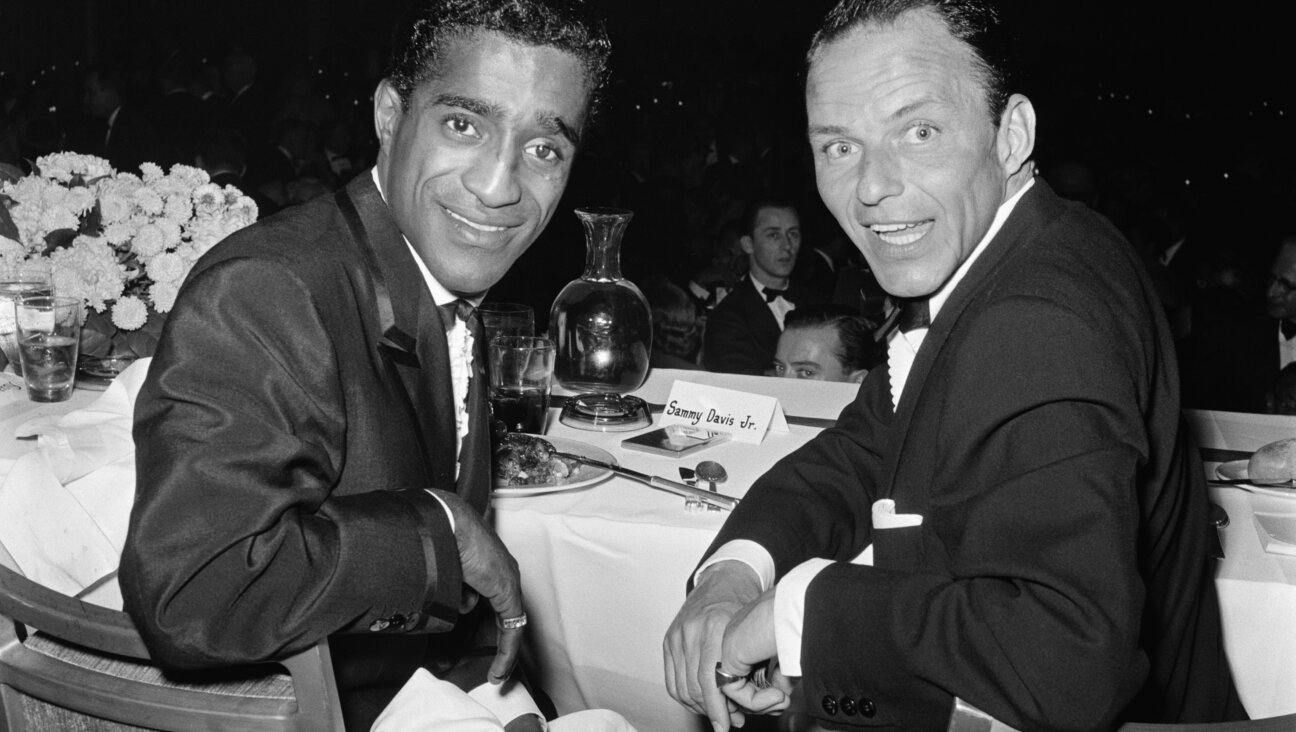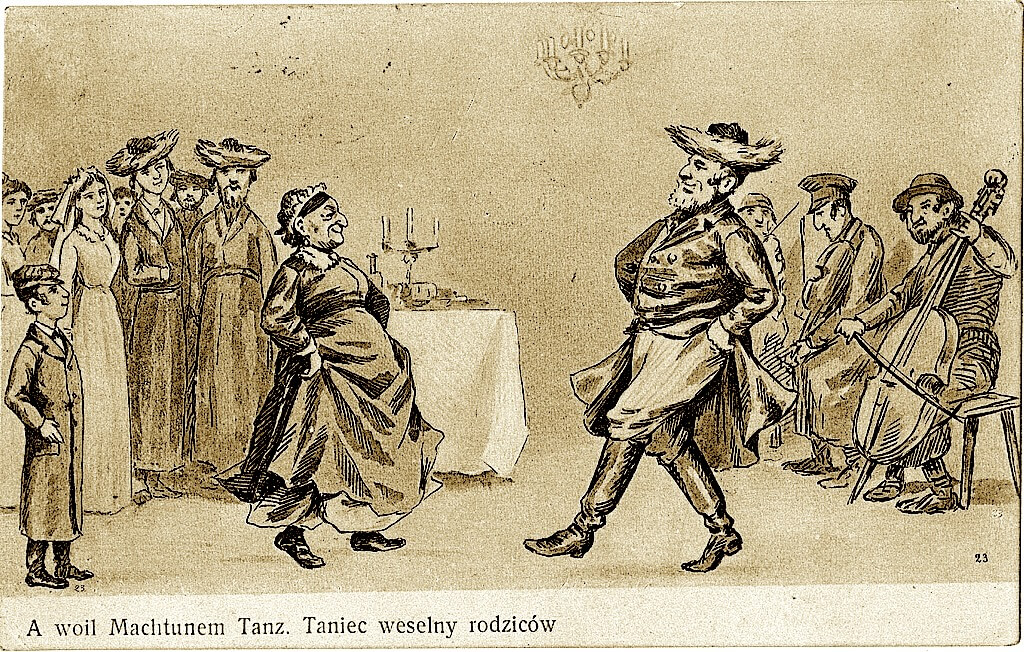She ain’t no Dylan Thomas or Patti Smith, this ain’t her ‘Blood on the Tracks,’ but Taylor Swift certainly ain’t no ‘modern idiot’ either
On her latest album, Swift wrestles biblically with the plight of being a tortured poet

Taylor Swift in Singapore, March 2024. Photo by Getty Images
A new album by Taylor Swift is not merely the release of a new collection of songs. It is a major pop-cultural event, given the widespread consensus that Swift is the world’s biggest pop star. (Beyoncé fans may beg to differ.) And the consensus surrounding The Tortured Poets Department, which went on sale and began streaming today, is that Swift’s eleventh album is a bravado portrait of triumphing over heartbreak.
But underlying Swift’s ballads and bangers about her emotional rollercoaster is also a sense of the singer’s struggles with her own identity, vis-à-vis her ex-lovers, her fans, and, perhaps most surprisingly, a few great figures in religious history. As Swift herself posted to Instagram: “This writer is of the firm belief that our tears become holy in the form of ink on a page.”
Leaving one to wonder, does God follow Swift on social media?
Generally speaking, Tortured Poets is a song cycle about the ups and downs (mostly downs) of Swift’s romantic relationships over the course of the last decade or so, beginning with her doomed, six-year relationship with English actor Joe Alwyn, and her subsequent fleeting romance with Matty Healy, frontman of the group The 1975, which took place over the course of a few short weeks about a year ago. Fans are already finding evidence that a few songs revive Swift’s on-again, off-again rivalry with Kim Kardashian (apparently now on-again). And the album concludes with “Alchemy,” a love song whose abundance of sports metaphors suggest it was written in the wake of her current romance with professional footballer Travis Kelce.
The overall effect of the album could be summarized in a couplet from the song “I Can Do It With a Broken Heart,” which goes: “I’m miserable / And no one even knows!”
Well, we do now.
The music on Tortured Poets blends Swift’s country- and folk-pop melodic inclinations with darker synth-pop textures and grooves provided by the Jewish production team of Jack Antonoff (The Bleachers) and Aaron Dessner (The National). The sounds are mostly inoffensive and set off her voice well, so that the cumulative effect of the imagery that runs through the album — that of escaping from prison, crime, guns (“Were you sent by someone who wanted me dead? / Did you sleep with a gun underneath our bed?”), insanity, settling scores, and revenge – rises above the moody clatter.
What’s lacking from Swift, however, is very little hint of proportionality. There is almost no evidence leading a listener to believe that Swift understands that this romantic heartbreak and loss of which she sings is mostly ordinary, everyday stuff, and not a matter of earthshaking proportions. Try as she might, this is no Blood on the Tracks. (Coincidentally, Swift is the same age, 34, that Bob Dylan was when that landmark album, full of songs of heartbreak, was released. Also coincidentally, the year was 1975, as in The 1975, as in the name of Matty Healy’s band).
In between the abundance of “f” bombs, as well as “b” bombs and “s” bombs (at least on the “explicit” version of the album) expressing her frustration with her “plight” (whatever that may be), Swift – a billionaire artist riding as high in worldwide popularity as just about anyone since the Beatles or Elvis Presley before them – portrays herself throughout as a victim, often incorporating religious imagery to heighten the emotional stakes.
“How can I be guilty as sin?” she sings on the aptly titled “Guilty as Sin.” “What if I roll the stone away? They’re gonna crucify me anyway.” Ouch! In “Down Bad,” she asks an ex-lover to “Tell me I was the chosen one.” And in the song “Clara Bow,” in which the silent film star serves as a stand-in for the pop singer, Swift sings, “You’re the new god we’re worshipping…. You look like Taylor Swift in this light, we’re loving it.”
To her credit, Swift tempers these grandiose delusions with occasional notes of humility and humor. On the title track, she declares, “I laughed in your face and said, ‘You’re not Dylan Thomas. I’m not Patti Smith. This ain’t the Chelsea Hotel. We’re modern idiots.” And in perhaps my favorite line on the album, Swift unleashes her inner grouchy old man in “Who’s Afraid of Little Old Me?” when she sings, “I’ll sue you if you step on my lawn.”
Now there’s a sentiment to which I can relate.
A message from our Publisher & CEO Rachel Fishman Feddersen

I hope you appreciated this article. Before you go, I’d like to ask you to please support the Forward’s award-winning, nonprofit journalism during this critical time.
We’ve set a goal to raise $260,000 by December 31. That’s an ambitious goal, but one that will give us the resources we need to invest in the high quality news, opinion, analysis and cultural coverage that isn’t available anywhere else.
If you feel inspired to make an impact, now is the time to give something back. Join us as a member at your most generous level.
— Rachel Fishman Feddersen, Publisher and CEO























